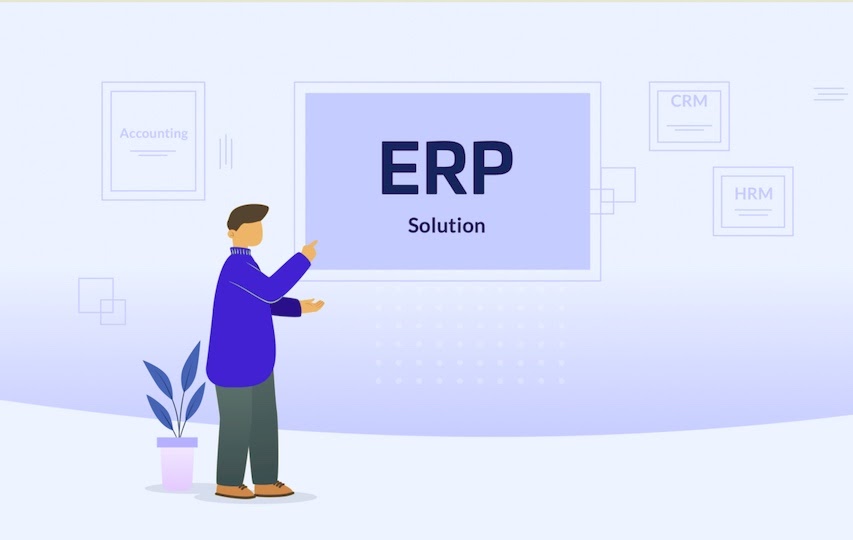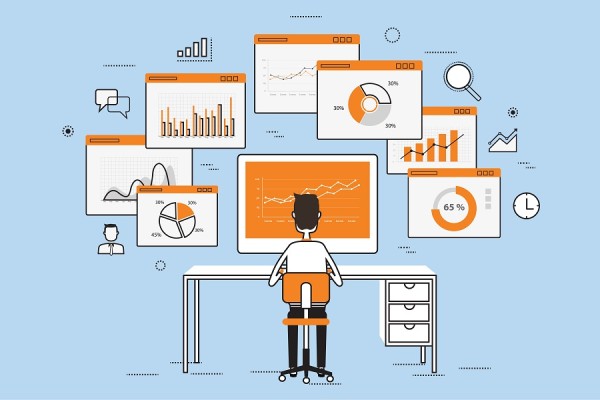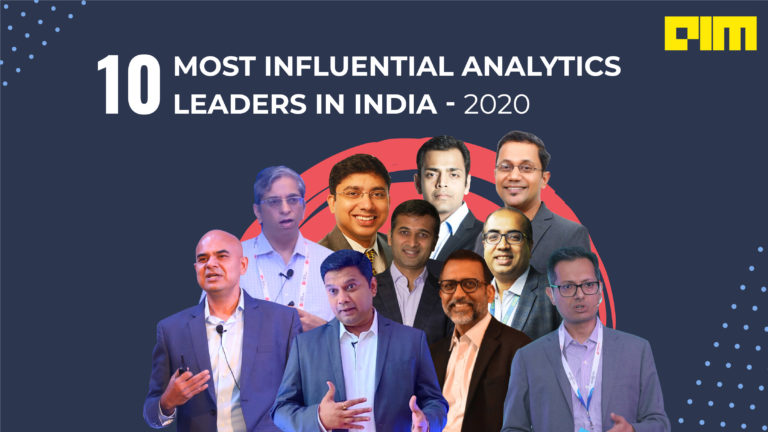This whitepaper is the result of an AIMixer virtual roundtable conducted on June 30, in association with Tableau Software. The first virtual event of its kind, the roundtable was attended by more than 20 analytics heads of Indian and MNC enterprises whose inputs helped us develop this thought paper.
Since March 2020, the business climate has significantly changed because of the recessionary conditions caused by the unfortunate Covid-19 pandemic. This recessionary climate has affected almost all industries and business functions. This altered business scenario has, nonetheless, created a new business and operational paradigm for businesses, and has provided opportunities for digital transformation across all levels of business strategy and operations.
This new digital paradigm, which has transformed the way enterprises operate, is now the new operational and business norm.
In this new business environment, enterprises are rapidly redefining their strategies to not just align themselves with the new models, but also create new opportunities and prospects in the years to come.
The current crisis is transforming transactions and operations, and the way of doing business, which has now become contactless. Moreover, there are different trajectories and speeds of transformation for different clients and customers, and each of these needs to be customised for each customer.
Analytics And Digital Transformation During The Crisis
Prior to the pandemic and the resulting lockdown, companies and customers alike were reluctant to adopt digital platforms for doing business, and to utilise analytics services for insights on their businesses.
The crisis, however, has changed perceptions on Digital adoption. Customers and Enterprises are now eager to integrate Digital and Analytics processes in their operations. They have collectively realised the importance of the Digital and Analytics components to navigate not just the current environment, but also any sort of upcoming business upheaval.
The digitisation milestones that have so far been achieved since March 2020 would have taken several years to attain. These “digital and data” objectives have been achieved from the perspectives of both the enterprise and the customer. The crisis has set the path for the digitisation and transformation of almost all enterprise and customer channels, products, and transaction platforms.
Simultaneously, the adoption of Advanced Analytics and Reporting (with the help of BI tools) has enabled organisations to combine agility and data insights which have enabled the development of greater insights for customers and the transformation of internal organisation processes.
Analytics, as a function, is thus changing the external and internal environments across enterprises. Organisations are now able to revert their operations to a level of about 75-80% of the level that existed pre-lockdown.
Change In Business Perception
The time taken for any change in perception to take effect has shrunk from 4-5 quarters to 2-3 weeks. To anticipate and forecast trends, the assumption that business cycles change after a few quarters is no longer valid, as the recent crisis has shown that business cycles can now change within a matter of weeks.
Predictions have become dynamic, and analytics now has a more significant role to play to validate the new evolving business models.
How Insights Are Preparing Enterprises For Unexpected Crisis
While the insights generated before the crisis took into account numerous scenarios and possibilities, the data that is now emerging can provide insights covering an even greater number of scenarios and experiences (both expected and unexpected).
This data is now enabling the development of predictive models that are all the more diverse in nature, providing perspectives and views on unpredictable or unforeseen crises.
How Data Security And Real-time Insights Are Interlinked
As transactions are shifting to the digital realm, data access and privacy will soon become permission-based across regulatory environments. However, organisations have a long path to traverse to reach this milestone. To accomplish this, organisations will have to move to a scenario in which all the processes and value propositions for products and services are transparent.
Weaving The Insight Story To Close Any Gaps Between Real-time Insights And Business Action
The experts at the Round Table believed that a gap does not exist between real-time Insights and action. The problem emerges when all the parameters and factors have not been considered to “weave the insight story” from beginning to end. Simply showcasing insights into the management and leadership does not solve the problem as the insights should not be independent of any prior scenarios or factors.
Considering a customer’s buying behaviour or pattern, the problem lies in providing insights only around a customer’s recent purchases. By not taking the whole environment and other factors of the customer’s purchase patterns into consideration, such as a number of transactions, the average value of each transaction, type of transaction (digital or online), and so on, the holistic insight story cannot be provided.
Conclusion
In conclusion, the crisis has brought about a change in the way customers are transacting and organisations are now operating.
Enterprises are rapidly changing their business tactics to align themselves with the new state of rapid transformation. It is important, however, that organisations utilise analytics and insights to create new opportunities and prospects in the years to come.
Moreover, data and analytics have provided opportunities to enterprises to be a lot more agile, and given that business cycles have shortened from a period of many months to one of few weeks, organisations need to adopt digital and analytics processes all the more swiftly to identify opportunities and navigate the external (customers/clients) and internal changes (employees/processes) that come along the way.



















































































